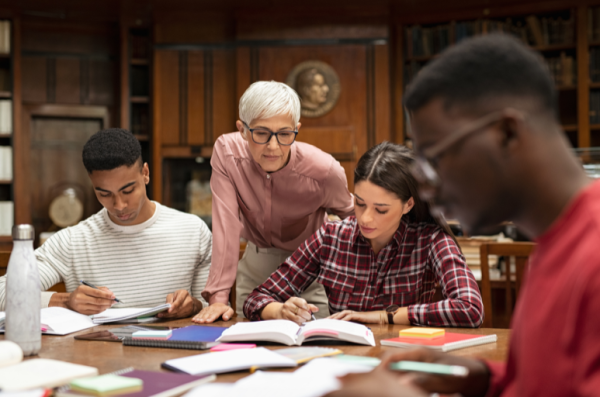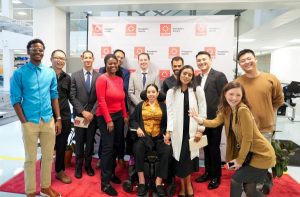The experience of college is often described as a time of acceleration – a period of intense learning, growth, and exploration. However, recent trends suggest that this may be changing. In fact, many young people are feeling a sense of (de)acceleration when it comes to their college experience.
One reason for this shift is the increasing pressure and expectations placed on students today. With rising tuition costs, competitive job markets, and societal demands for success, many students feel the need to rush through their college years in order to get a head start on their careers. This pressure can lead to feelings of burnout, anxiety, and overwhelm, causing some students to question if the acceleration is really worth it.
Another factor contributing to the (de)acceleration of college is the rise of online learning and remote education. While virtual classes offer flexibility and convenience, they can also lead to a sense of disconnection and isolation for students. The lack of face-to-face interactions with professors and peers can make it difficult to stay engaged and motivated, ultimately slowing down the college experience.
Additionally, the current pandemic has forced many colleges to shift to online or hybrid learning models, disrupting the traditional college experience. This sudden change has created uncertainty and instability for students, causing them to pause and reevaluate their goals and priorities.
Despite these challenges, there is a silver lining to the (de)acceleration of college. By taking a step back and slowing down, students have the opportunity to focus on their personal growth, mental health, and well-being. They can explore new interests, form meaningful connections, and find balance in their lives.
Ultimately, the (de)acceleration of college is a complex phenomenon that reflects the changing landscape of higher education. While the pressure to accelerate may still be present, it is important for students to prioritize their own well-being and remember that college is not just about getting a degree, but also about the journey of self-discovery and personal growth. By finding a balance between acceleration and (de)acceleration, students can make the most of their college experience and emerge as well-rounded individuals ready to take on the challenges of the future.



